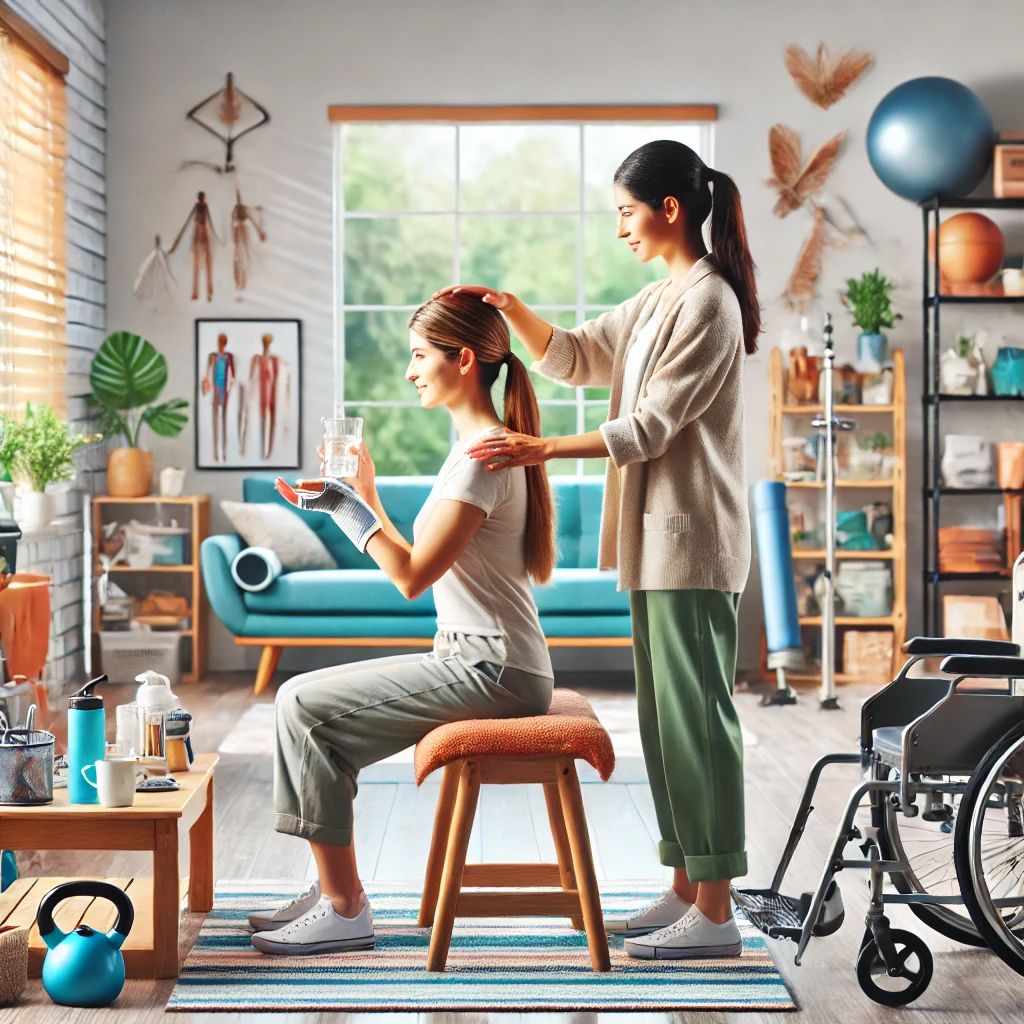
Occupational therapy is a vital field that helps individuals develop, recover, or maintain the skills needed for daily living and working. Self-care is a fundamental component of occupational therapy, focusing on activities that improve physical, emotional, and mental well-being. This guide explores how self-care is integrated into occupational therapy and how it can enhance overall quality of life.
Understanding Occupational Therapy
Occupational therapy (OT) is a client-centered health profession that promotes health and well-being through everyday activities. Occupational therapists work with individuals of all ages to help them perform daily tasks more effectively, whether due to injury, illness, disability, or other challenges. OT aims to improve the ability to perform self-care, work, and leisure activities independently.
The Role of Self-Care in Occupational Therapy
Promoting Independence
Self-care in occupational therapy focuses on helping individuals achieve greater independence in their daily lives. This includes activities such as dressing, bathing, grooming, and eating. By developing these skills, individuals can gain confidence and improve their quality of life.
Improving Physical and Mental Health
Engaging in self-care activities can have significant benefits for both physical and mental health. Occupational therapists work with clients to create routines that promote regular exercise, proper nutrition, and stress management, which are essential for overall well-being.
Adapting to Challenges
For those facing physical or cognitive challenges, occupational therapy provides strategies and tools to adapt self-care activities to their abilities. This might include using adaptive equipment, modifying tasks, or breaking down activities into manageable steps.
Key Self-Care Activities in Occupational Therapy
Activities of Daily Living (ADLs)
ADLs are the basic tasks that are necessary for self-care and independence. Occupational therapists often focus on these activities to help clients live more independently. Key ADLs include:
Instrumental Activities of Daily Living (IADLs)
IADLs are more complex activities that support daily life and are often a focus in occupational therapy. These tasks include:
Stress Management and Emotional Well-being
Occupational therapy also addresses emotional and mental health by incorporating stress management techniques and promoting activities that support emotional well-being. This may include:
Strategies for Integrating Self-Care into Daily Life
Routine Development
Creating and maintaining a daily routine is crucial for effective self-care. Occupational therapists help clients establish routines that include time for ADLs, IADLs, exercise, and leisure activities. A well-structured routine can reduce stress and increase productivity.
Use of Adaptive Equipment
For individuals with physical limitations, adaptive equipment can make self-care tasks more manageable. Examples include:
Energy Conservation Techniques
Occupational therapy teaches energy conservation techniques to help clients manage fatigue and complete daily tasks more efficiently. Strategies include:
Environmental Modifications
Modifying the home or work environment can improve safety and accessibility for self-care activities. Occupational therapists may recommend changes such as:
Conclusion
Self-care is a critical aspect of occupational therapy that enhances independence, physical health, and emotional well-being. By focusing on activities of daily living, promoting routine development, and utilizing adaptive strategies, occupational therapy empowers individuals to live more fulfilling lives. Whether managing a chronic condition, recovering from an injury, or seeking to improve daily function, occupational therapy provides valuable tools and support for effective self-care.


